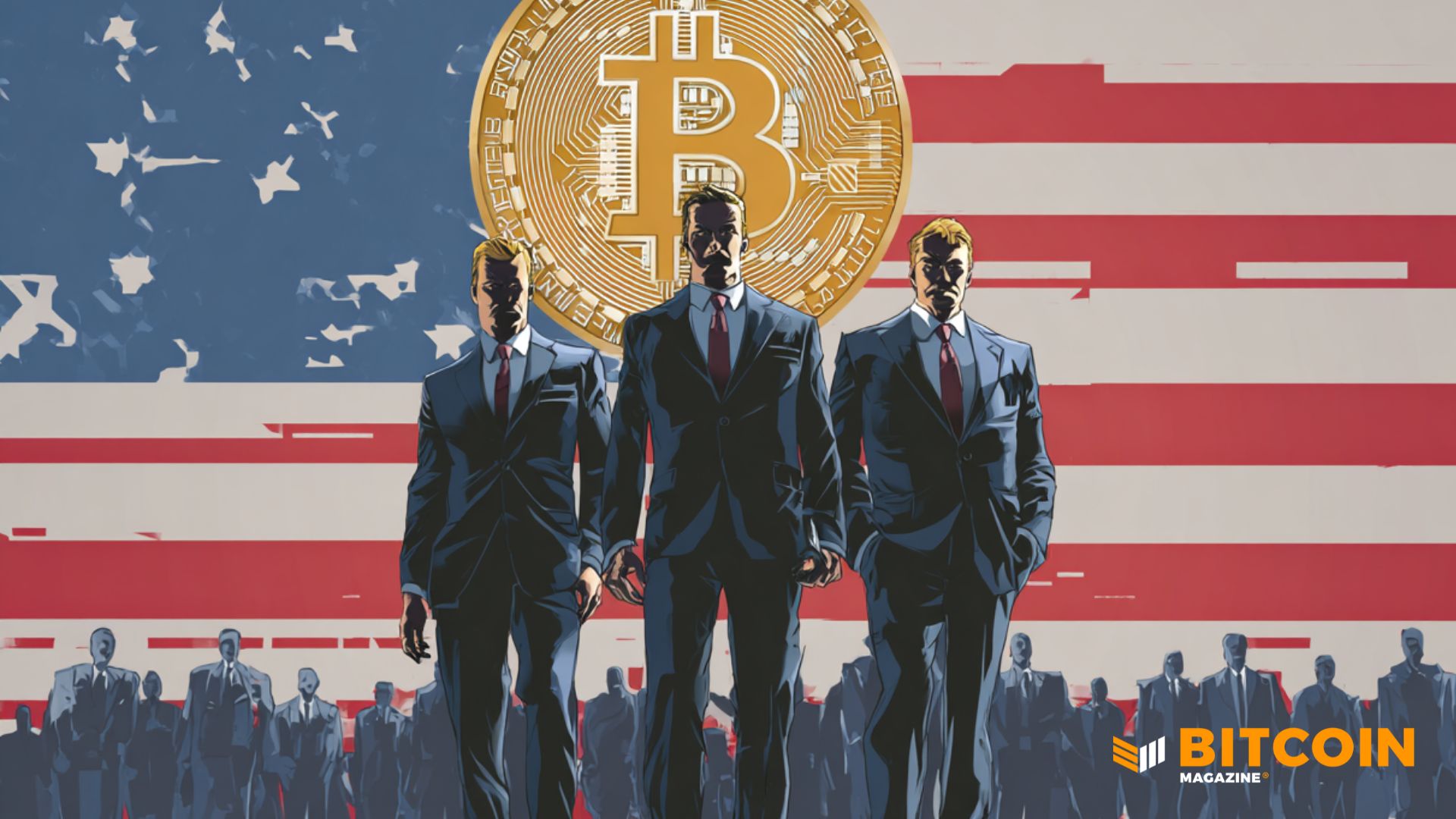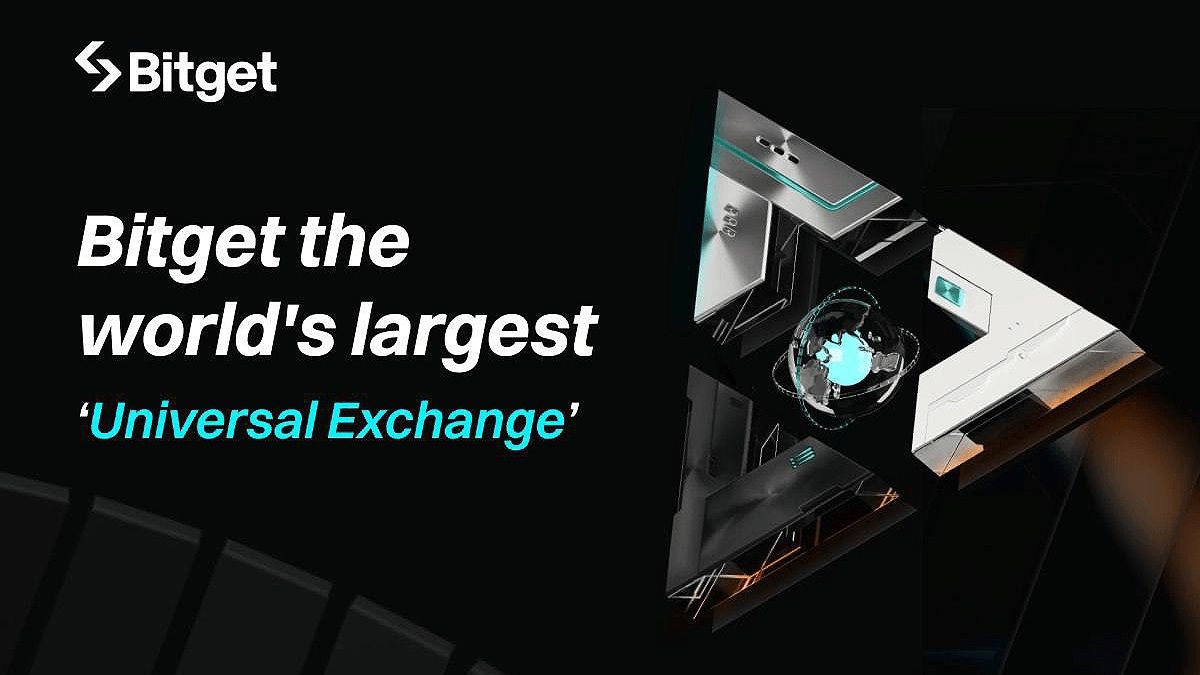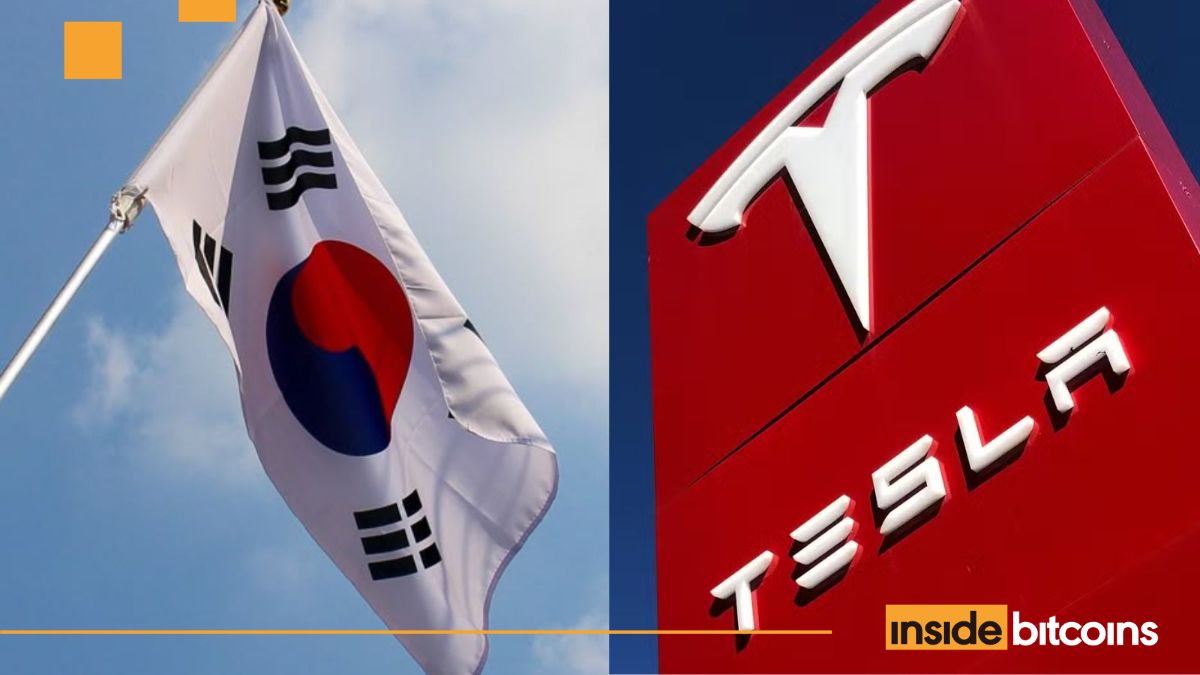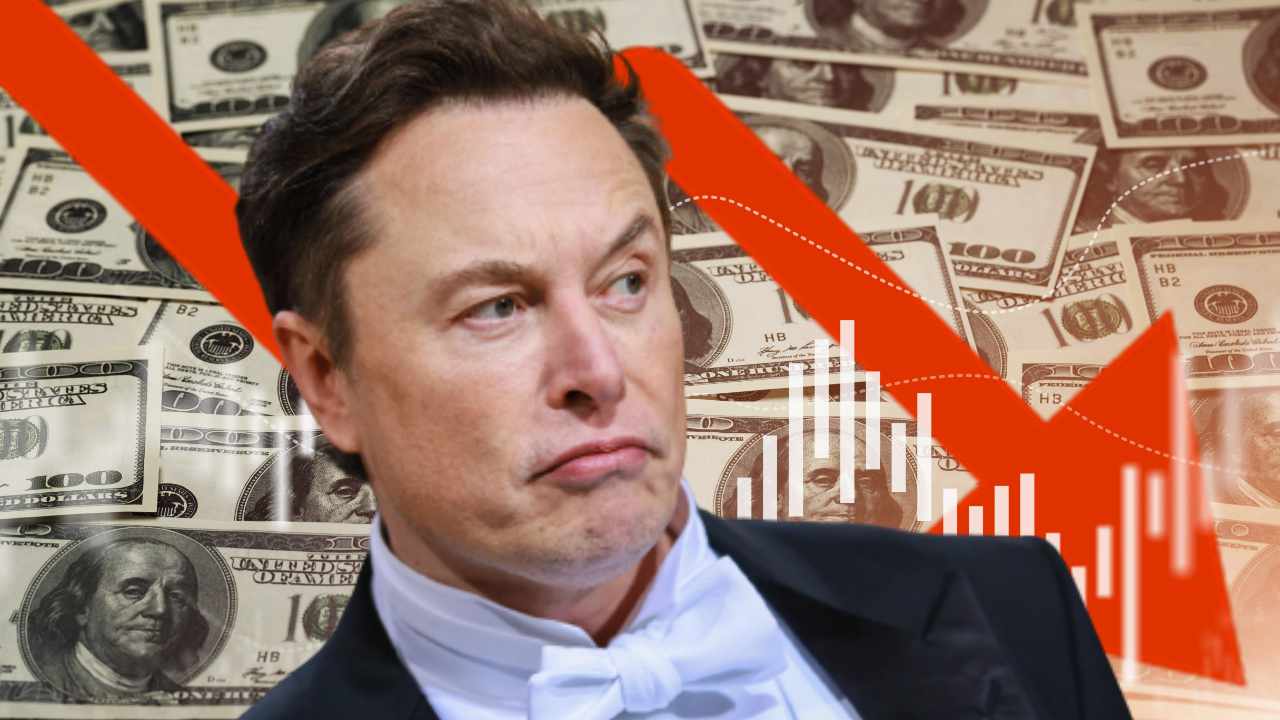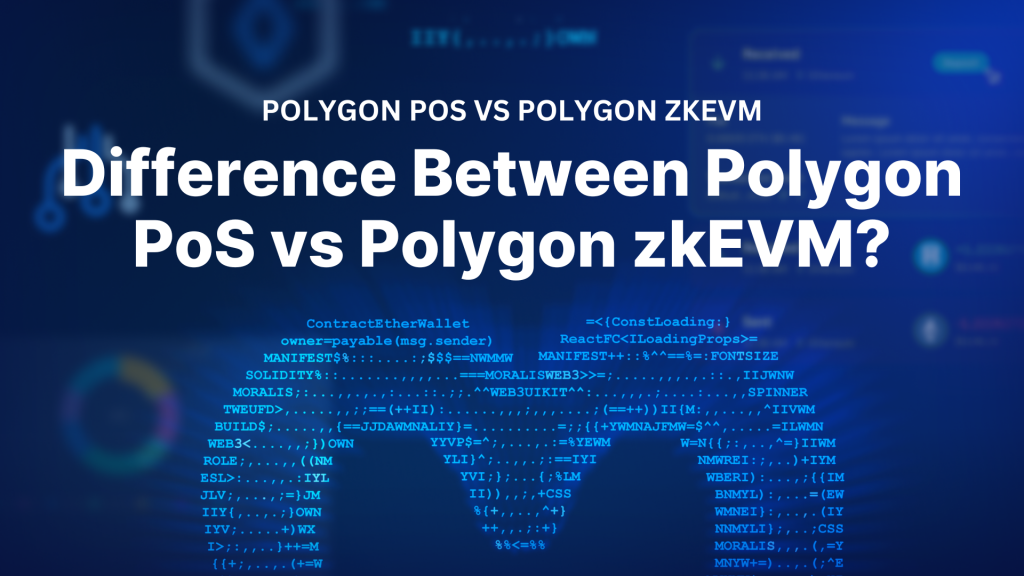That is an opinion editorial by Logan Bolinger, a lawyer and the writer of a free weekly publication in regards to the intersection of Bitcoin, macroeconomics, geopolitics and legislation.
“I’m extra interested by asking the query, is the world that we wish to stay in a single the place we have to hyperfinancialize each facet of a person’s life as a result of monetary situations on a macro degree are such that you must financialize your entire being so as to sustain or get forward? Is that really a victory for democracy and for the form of psycho-spiritual wellbeing of all of us and the lives we wish to stay? Versus one thing like Bitcoin, that’s a definancializing drive that principally says as a result of we predict a world may be higher the place you’re really ready to save cash and also you don’t simply must spend it or go make investments or speculate on some stuff, would that unlock methods so that you can really feel extra fulfilled or happy as an individual and would you then be capable to pursue different issues? I feel in the end the tip of Bitcoin is that all of us suppose collectively much less about cash and extra about different issues that we’re interested by.”
I made these statements on a current episode of the “What Bitcoin Did” podcast in a dialogue about Bitcoin and the methods I feel it may possibly catalyze constructive modifications in our inside lives, as contrasted with the up to date state of Internet 3.
We incessantly focus on and theorize the methods wherein Bitcoin can reshape or reconfigure our exterior realities, whether or not they be political, financial, legislative, and so on. However I don’t suppose sufficient consideration is paid to how Bitcoin can provoke a equally monumental reshaping of our inside lives, a course of which, within the mixture, can result in a trickling up of priorities and values.
I wish to speak about two completely different conceptions of freedom for instance why I feel we fixate a lot on certainly one of them. When people describe themselves as “freedom maximalists,” they’re primarily referring to the concept of adverse freedom, a freedom from intrusive exterior constraints. The sort of freedom is clearly of basic, paramount significance. With out freedom from sure exterior constraints, significant pursuit of self-realization, what we’d consult with as constructive freedom, is troublesome, if not not possible to pursue.
We are inclined to get so targeted on the adverse freedom elements of Bitcoin that we fail to completely recognize the constructive freedom that Bitcoin facilitates. Which is to say we get so fixated on the methods wherein Bitcoin precludes exterior intrusions or constraints (freedom from) that we don’t discover the methods wherein Bitcoin can create an setting that permits us to extra rigorously pursue the fullest expression of our selves (freedom to).
[N.B. for my humanities/philosophy friends: Yes, I am drawing on the work of Isaiah Berlin with these positive/negative freedom terms]
I might argue that freedom maximalism just isn’t sustainably fulfilling long-term, as a result of it’s not likely an finish state. It’s a crucial liminal posture, a way to reaching a sure setting wherein constructive freedom may be productively exercised. Nonetheless, adverse freedom with out constructive freedom is like having an infinite variety of TV channels however no concept what you wish to watch. It’s like having the liberty to pursue something you need with none means of figuring out what you really wish to pursue or what’s price pursuing.
People are significantly attuned to concepts of adverse freedom, however not significantly adept in terms of constructive freedom. We will see this in all places, together with within the Bitcoin area. If one makes a dwelling, builds a following, or crafts a complete id round being a “freedom maximalist,” one’s livelihood and sense of self is dependent upon the persevering with existence of exterior constraints for one to decry. One can unwittingly (and largely subconsciously) develop into the fowl that has grown to like its cage, as writer Lewis Hyde as soon as wrote of irony.
So whereas freedom maximalism (adverse freedom) is vitally vital, we also needs to pursue and prioritize what my spouse has aptly coined intentionality maximalism (constructive freedom), which is a perspective and a way of life in our inside lives. Bitcoin doesn’t get sufficient credit score for its skill and its potential to foster any such inward-looking change.
What does intentionality maximalism appear to be in our on a regular basis expertise of life? One salient instance is our relationship with the unbridled consumerism endemic in a fiat financial system.
Permit me to share some statistics that illustrate simply how warped this relationship has develop into:
Per the Los Angeles Occasions, there are 300,000 objects within the common American dwelling.
Per NPR, the common dimension of the American dwelling has almost tripled in dimension over the previous 50 years.
Nonetheless, one out of each ten People hire offsite storage, which is the quickest rising section of the business actual property trade over the previous 4 many years.
British analysis discovered that the common 10-year-old owns 238 toys however performs with simply 12 each day.
The typical American household spends $1,700 on garments yearly, whereas additionally throwing away, on common, 65 kilos of clothes per yr.
You get the concept. There’s virtually no finish to the information displaying the absurd quantity of shit we personal and the rising area (bodily and psychological) that this shit occupies.
People are consuming greater than ever.
Regardless of their buying energy not meaningfully rising.
What explains this? One issue is that we measure our financial well being by how a lot we spend, a singularly fiat and Keynesian means of gauging financial vitality. Client spending is roughly 70% of GDP. If we spend much less, the metric we use to gauge financial well being drops.
There’s additionally the truth that we see extra adverts than ever.
However, most significantly, there’s a widespread excessive time choice that’s, I feel, a part of the very cloth of our tradition.
Right here’s the place I feel Bitcoin comes into play. A lot of this rat-race orgy of consumption is high-time-preference conduct incentivized by the fiat financial system, which ensures your cash loses worth over time. Since your buying energy is sand in an hourglass, and since you’re employed more durable than ever simply to maintain up, client spending serves each a sensible and a pacifying objective. In different phrases, we’re incentivized to spend as a result of not spending or investing means our cash simply sits and loses worth. And if we work so onerous, many people at jobs we don’t significantly take pleasure in, simply to maintain up, shouldn’t we additionally purchase all the brand new cool stuff to make us really feel prefer it’s all price it?
If we take away ourselves from a number of the rat race stuff it clears area for us to suppose much less about cash, which suggests we may be extra intentional about the whole lot else. Therefore the concept of intentionality maximalism. We kind of reclaim our constructive freedom, our freedom to pursue the very best expression of ourselves. Bitcoin, for my part, is in the end about on the lookout for a sustainable various to the rat-race mannequin.
It’s actually a distinction of values. Consumerism is a price of the fiat system. It’s each actually a price, since we measure financial well being largely by measuring consumption, and in addition an ingrained mode of conduct. By disincentivizing senseless, reflexive consumption and incentivizing a decrease time choice, Bitcoin, if it continues to develop in adoption, affords the promise of a cultural foregrounding of deeper issues, like fulfilling pursuits, relationships, creativity, contribution to group, presence, and so on.
In terms of this inside transformation, this intentionality maximalism, and the methods wherein Bitcoin strikes us in that path, I feel Bitcoin shares some basic rules with minimalism, a motion that has deep, historical roots, however has been gathering extra in style momentum within the final decade or so. Proponents of minimalism, conscious of the constraints unchecked consumerism can place on our lived expertise, pursue lives with fewer unused, pointless possessions so as to reclaim freedom and mastery over one’s life and the area to pursue what’s vital. Which is to say the pursuit of a extra intentional life.
Joshua Fields Millburn, co-founder of theminimalists.com, describes minimalism as “the factor that will get us previous the issues so we are able to make room for all times’s vital issues—which aren’t issues in any respect.”
The promise of Bitcoin, to borrow Millburn’s articulation, is to be the cash that, by way of its soundness, permits us to get previous enthusiastic about cash on a regular basis in order that we are able to make room for all times’s vital issues – which are inclined to get misplaced, uncared for, and/or sacrificed in consumption and the systemically coerced pursuit of increasingly more cash.
We spend a lot time enthusiastic about cash (the best way to get it, the best way to get extra of it, the best way to make it develop, the best way to sustain with inflation, the best way to make investments it, the best way to spend it, what to spend it on, the best way to get wealthy fast, the best way to pay the payments, and so on). And to a sure extent this can all the time be true. I’m not advocating for the Platonic type of communism right here.
However when cash doesn’t maintain its worth, when it’s repeatedly debased, when the sovereign debt is so huge it have to be inflated away, and when the financial well being of a rustic is measured by how a lot it consumes, it creates an setting wherein cash is virtually all we take into consideration.
For this reason I’ve been so vital/skeptical of a number of the proposals in different corners of the crypto world, a lot of which appear to be looking for to financialize each nook of our lives. I feel this perpetuates, and maybe intensifies, our high-time-preference setting.
In distinction, the implications and downstream results of collectively decreasing our time choice, which I feel essentially includes much less consumerism, merely can’t be understated. Think about a complete inhabitants lastly capable of save in a sound cash and to spend extra time and vitality on the issues that imply probably the most to them.
Now, once more, I’m not envisioning a utopian end-state right here the place we’re all singing songs across the campfire (although I do take pleasure in songs and campfires). I’m speaking about returning some headspace and a few presence again to people who’ve, by necessity, grown accustomed to spending each waking second enthusiastic about cash and consumption. I’m speaking a few transformation of our inside lives, one which clears area for extra intentional dwelling. And I feel an under-appreciated facet of Bitcoin is its potential to catalyze such a change.
So be a freedom maximalist, as a result of it’s vital. However don’t cease there, as a result of that alone received’t maintain you full, long-term. Be an intentionality maximalist, too.
Many individuals stay lives like this – compelled, constrained, and unintentional inside a fiat system:
Happiness
I feel Bitcoin is about escaping this.
It is a visitor submit by Logan Bolinger. Opinions expressed are completely their very own and don’t essentially replicate these of BTC Inc. or Bitcoin Journal.






